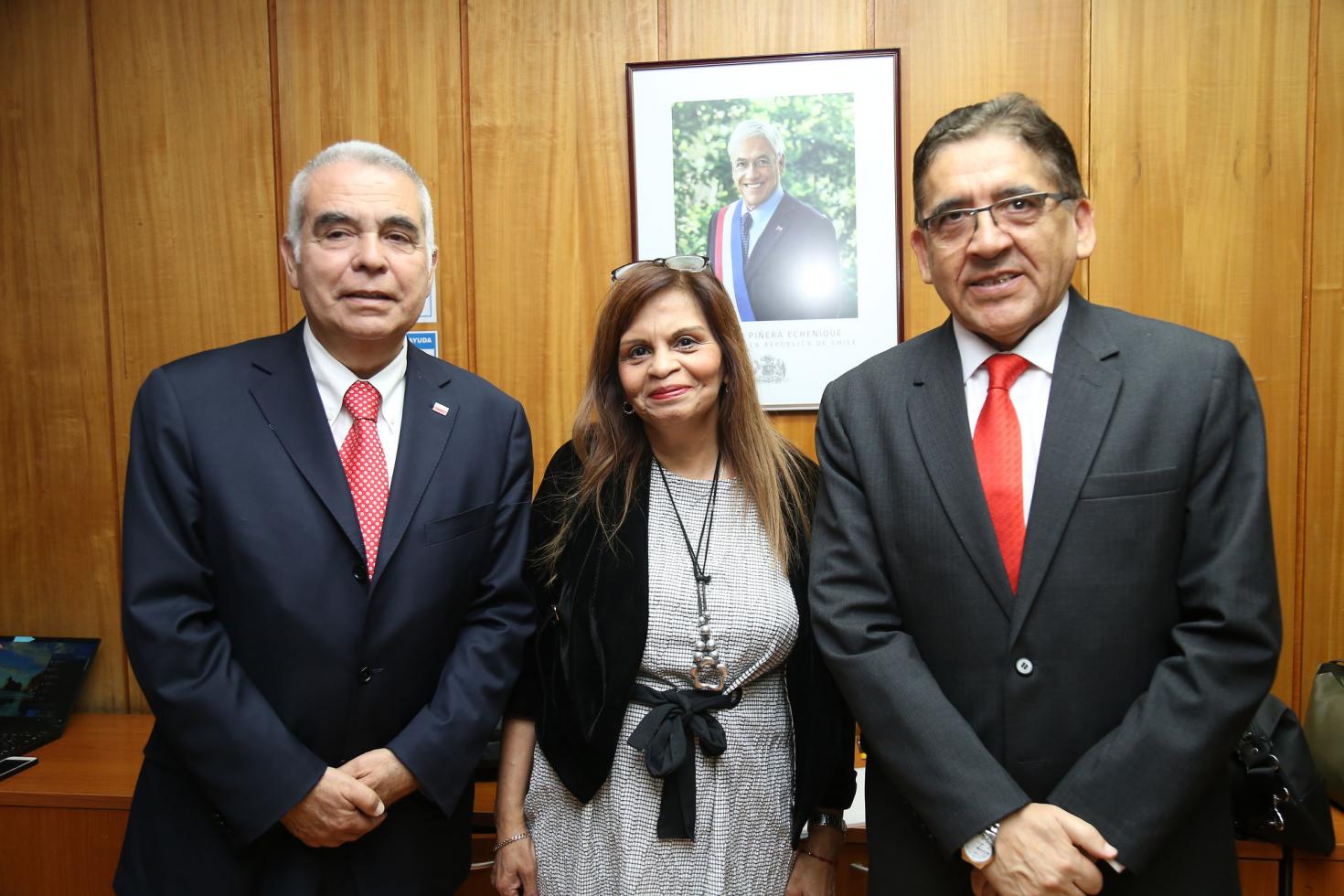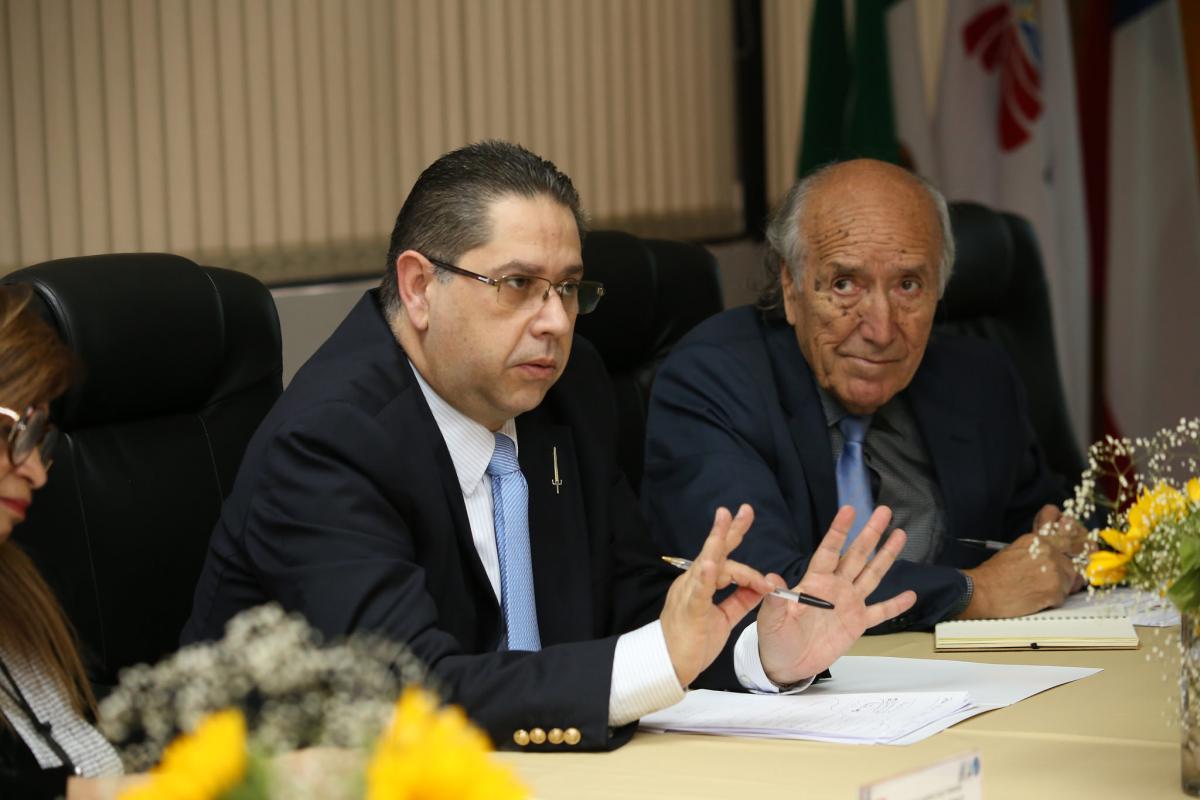The Ministers of Agriculture of Chile, Mexico and Peru will meet in March 2019 to sign a joint work agreement within the framework of the Pacific Alliance. The joint efforts will focus on sustainable development, rural well-being and agricultural trade.

Santiago, Chile, 12 December 2018 (IICA). While meeting in Santiago, Chile, high-level officials responsible for agriculture in Chile, Mexico and Peru agreed to create the Agricultural Council of the Pacific Alliance (ACPA), a forum that will drive integration agreements and increase regional coordination to boost rural development and consolidate the countries’ standing as a leading trade bloc in the Asia-Pacific region.
The Government of Chile, with support from the Inter-American Institute for Cooperation on Agriculture (IICA), served as the driving force behind the initiative, which will also foster knowledge sharing and capacity building through horizontal cooperation and coordinated work between the Ministries of Agriculture of the countries that form part of the Council.
The Minister of Agriculture of Chile, Antonio Walker, who participated in the meeting, assessed the progress achieved in creating the Council. He noted that his country values highly its participation in partnerships that boost the competitiveness of exporting sectors. “Integration is key for our sector’s development in Latin America,” he remarked.
During the meeting, Elena Valpuesta Aristegui, Chile’s national coordinator within the Pacific Alliance, delivered a presentation on the structure of the economic and development initiative in Latin America, which comprises Chile, Colombia, Mexico and Peru. She listed the challenges that other sectoral groups have faced, and highlighted the significance of the Council’s creation within this context.

In attendance at the meeting, which was hosted by Alfonso Vargas, Under Secretary of Agriculture of Chile, were William Arteaga, Deputy Minister of Agriculture of Peru, as well as María de Lourdes Cruz, International Affairs Director of the Secretariat of Agriculture and Rural Development of Mexico. Jorge Hernán Gutiérrez, Director of the ProColombia office in Chile, also participated in the meeting on behalf of the Government of Colombia. The officials in attendance prepared a draft of the ACPA constitution and statutes, which will be ratified in March 2019 by the Ministers.
Miguel Ángel Arvelo, Chief of Staff of the General Directorate of IICA, announced that the specialized agency of the Inter-American System for agriculture was committed to supporting the new Council by way of providing a technical secretariat.
“IICA has 15 years of experience in the Southern Agricultural Council (CAS), which has become a critical linchpin for the Southern Cone, by bringing ministries together, addressing strategic issues, working to develop regional public goods, serving as a political and technical bridge, as well as fostering the involvement of countries and the private, academic and family farming sectors. IICA has overseen the technical-administrative management of CAS since its founding,” he stated.
The authorities in attendance agreed on the need to work together and learn from other countries’ experiences, hits and misses in matters related to associative undertakings, water resources, tariffs and technical capacity building. They also agreed to strengthen local and external markets in order to reach collective decisions in a world that demands more and better food, while competing with quality and innovation.
More information:
Institutional Communication Division











